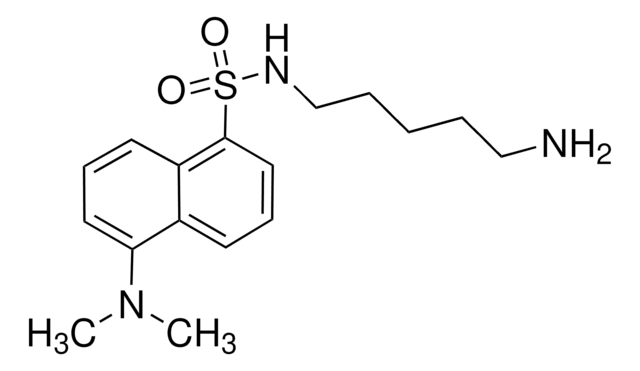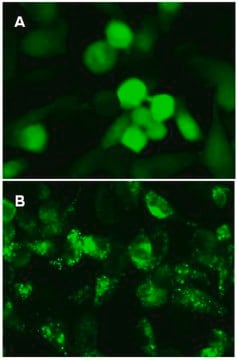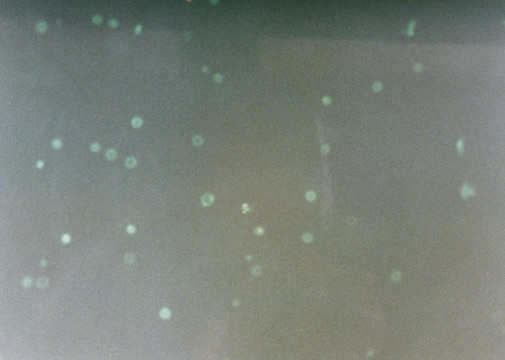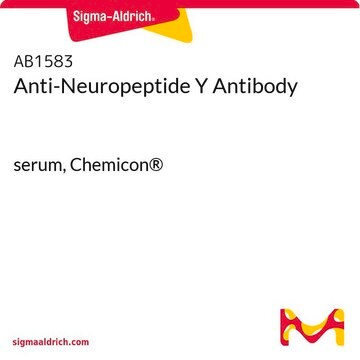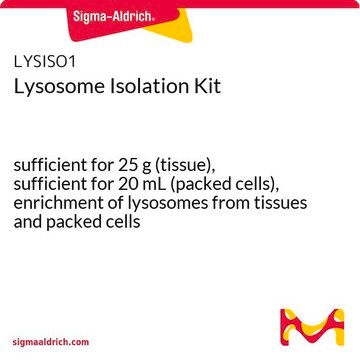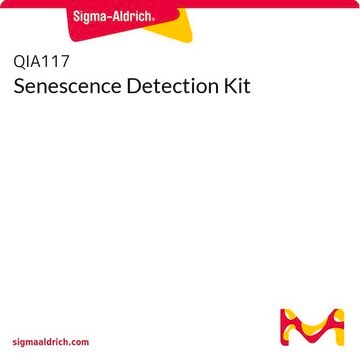MAK138
Autophagy Assay Kit
sufficient for 200 fluorometric tests
About This Item
Recommended Products
usage
sufficient for 200 fluorometric tests
detection method
fluorometric
relevant disease(s)
cancer; immunological diseases
storage temp.
−20°C
Related Categories
General description
Application
- Inhibitory Effect of Ursolic Acid on Proliferation and Migration of Renal Carcinoma Cells and Its Mechanism.: This study explores the inhibitory effects of ursolic acid on the proliferation and migration of renal carcinoma cells. The use of an autophagy assay kit was instrumental in demonstrating that ursolic acid induces autophagy, leading to decreased cell viability and migration. These findings highlight the potential of ursolic acid as a therapeutic agent in renal carcinoma through the modulation of autophagy (Lyu et al., 2022).
Suitability
Principle
Storage Class Code
10 - Combustible liquids
WGK
WGK 2
Regulatory Listings
Regulatory Listings are mainly provided for chemical products. Only limited information can be provided here for non-chemical products. No entry means none of the components are listed. It is the user’s obligation to ensure the safe and legal use of the product.
PDSCL
Please refer to KIT Component information
PRTR
Please refer to KIT Component information
FSL
Please refer to KIT Component information
ISHL Indicated Name
Please refer to KIT Component information
ISHL Notified Names
Please refer to KIT Component information
Cartagena Act
Please refer to KIT Component information
JAN Code
キットコンポーネントの情報を参照してください
Choose from one of the most recent versions:
Already Own This Product?
Find documentation for the products that you have recently purchased in the Document Library.
Customers Also Viewed
Our team of scientists has experience in all areas of research including Life Science, Material Science, Chemical Synthesis, Chromatography, Analytical and many others.
Contact Technical Service

